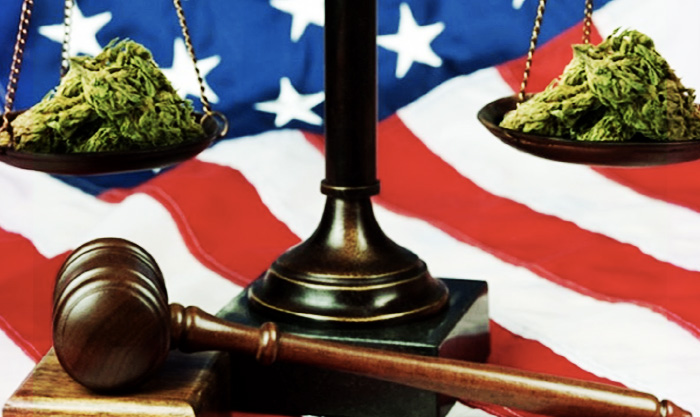
(CounterCurrentNews) Bolivia — After the U.S. Drug Enforcement Agency (DEA) was kicked out of Bolivia, the country was able to drastically reduce the amount of coca (cocaine) produced within its borders. According to data released by the United Nations, cocaine production in the country declined by 11% in the past year, marking the fourth year in a row of steady decrease. It was just seven years ago that the DEA left Bolivia — and only three years after that, progress was finally made. The strategy employed by the Bolivian government may be a surprise to many prohibitionists because it did not involve any strong-arm police state tactics. Instead, they worked to find alternative crops for farmers to grow that would actually make them more money. […] Read More


